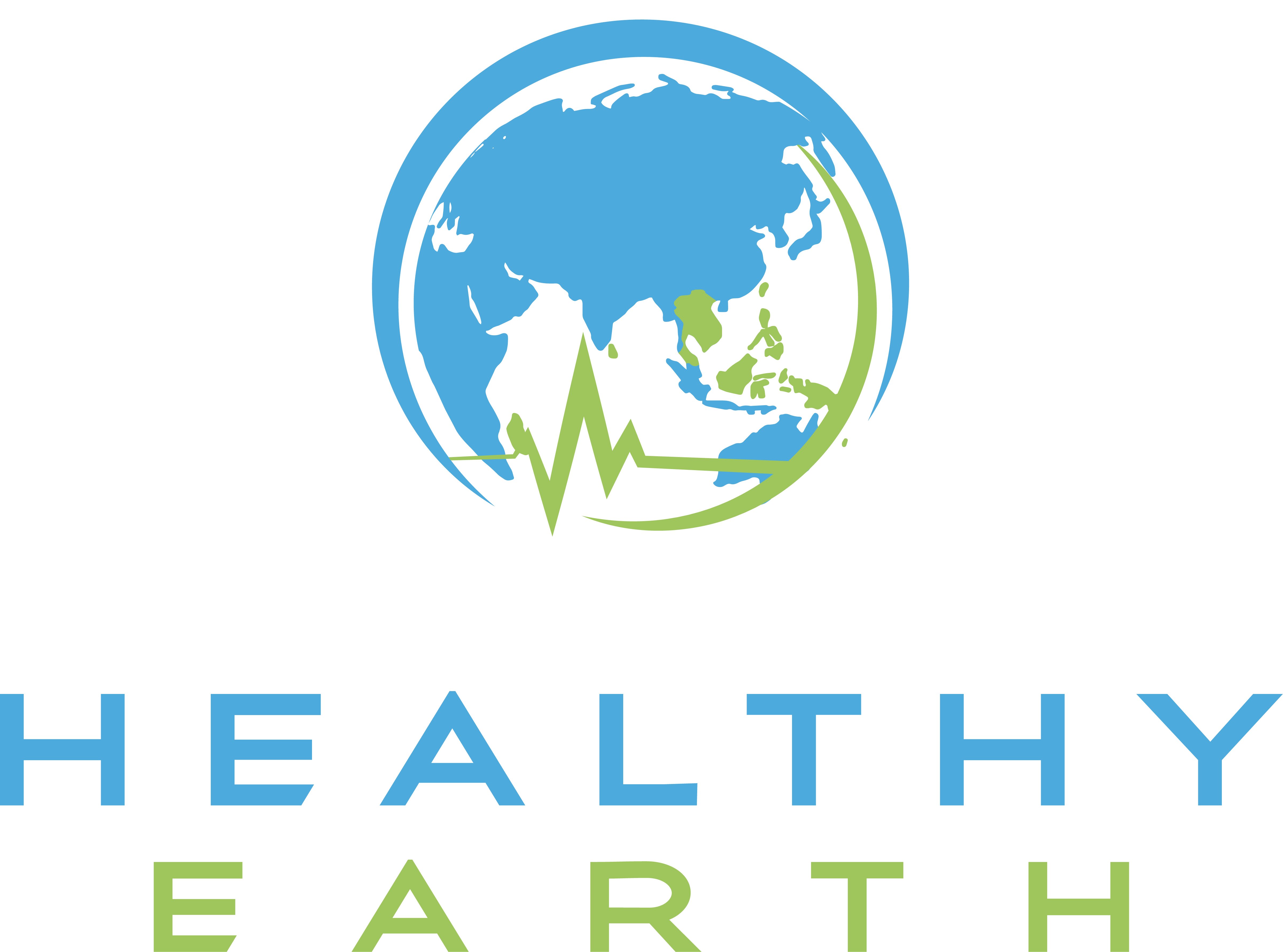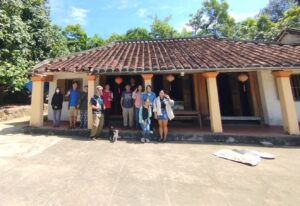Working towards UN Sustainability Goals and Tackling Climate Change
Help us make a healthier earth
Every minute, a garbage truck’s worth of plastic enters our oceans—an estimated 2.4 to 12 million metric tons annually. Ocean acidification, over fishing, coral bleaching. in a million ways we are damaging the very fragile ecosystem that we need to survive. healthy earth is about creating a better healthier future for everyone.
Sources: Science Advances, Nature Communications
Tackling Pollution
Studies show Asia contributes 86% of the total global plastic pollution through its rivers. The UN Plastics Treaty and educating people to “turn off the tap” of plastic pollution is the long-term solution. This will take many years, and we must stop plastic pollution now.
Healthy Earth combines research, plastic capture and education to tackle the problem. Our advanced approaches and litter capture device funnel plastic waste, from the riverbed to the surface to the bank for removal and recycling, without disrupting fish or boat traffic.
Meet the team
Steve and Liam led the initiative. They are supported by a team of trustees and local project members.
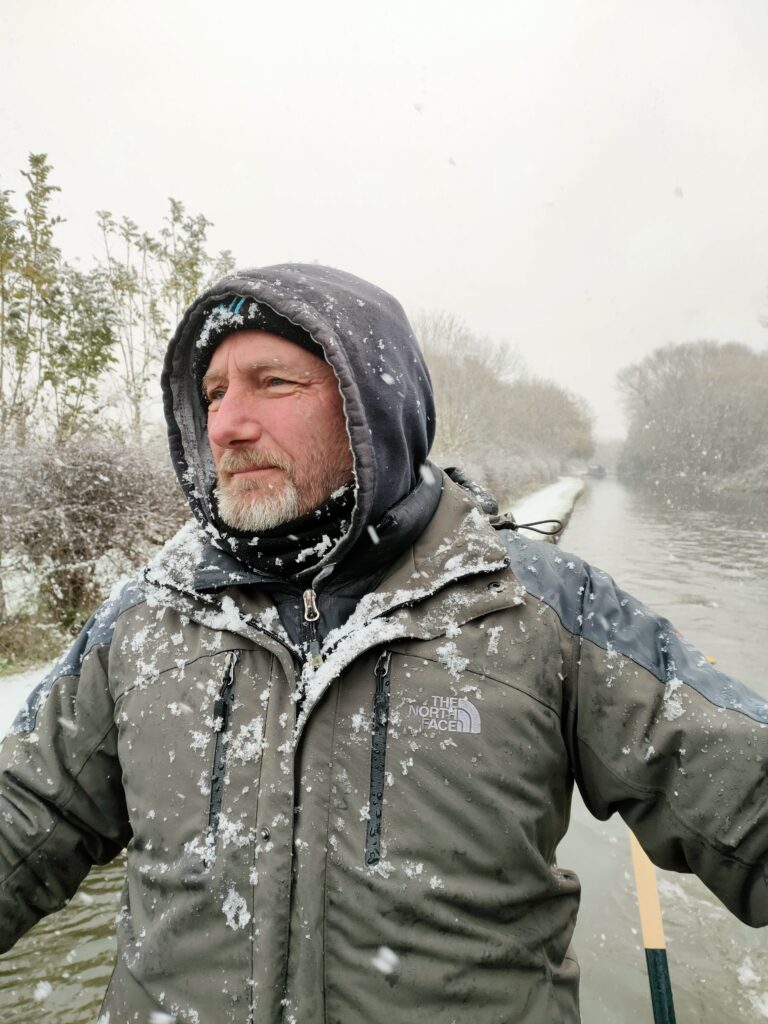
Co-Founder, Healthy Earth
Dr. Steve Allen
Environmental Scientist & Public Health Advocate
With a passion for protecting both people and the planet, I've dedicated my career to understanding the intricate relationships between environmental pollutants, public health, and policy. My research has taken me from the Tibetan Plateau to the Arctic, and from Vietnam to Botswana, fostering a unique understanding of global environmental health challenges.
Key Expertise:
- Atmospheric Microplastic Transport and Ocean-Atmosphere Exchange Mechanisms
- Collaborative Research with medical experts to investigate links between plastic exposure and non-communicable diseases
- International Project Leadership and Sustainable Organization Development for science-based environmental solutions
Inspiration Behind Healthy Earth:
Growing up in Malaysia and working in Vietnam, I witnessed firsthand the impact of environmental health challenges on communities. As a lifelong sailor and captain with 35,000 nautical miles of experience, I've seen the beauty and fragility of our planet. This sparked my desire to co-found Healthy Earth, an NGO committed to science-based environmental solutions. I'm proud to lead this effort, driven by a vision of a healthier, more sustainable world for all.
Why I'm Committed to Healthy Earth:
As a scientist, I believe that knowledge must be translated into action. At Healthy Earth, I'm dedicated to bridging the gap between scientific discovery and public health protection, ensuring that our research informs effective policy and tangible positive change.
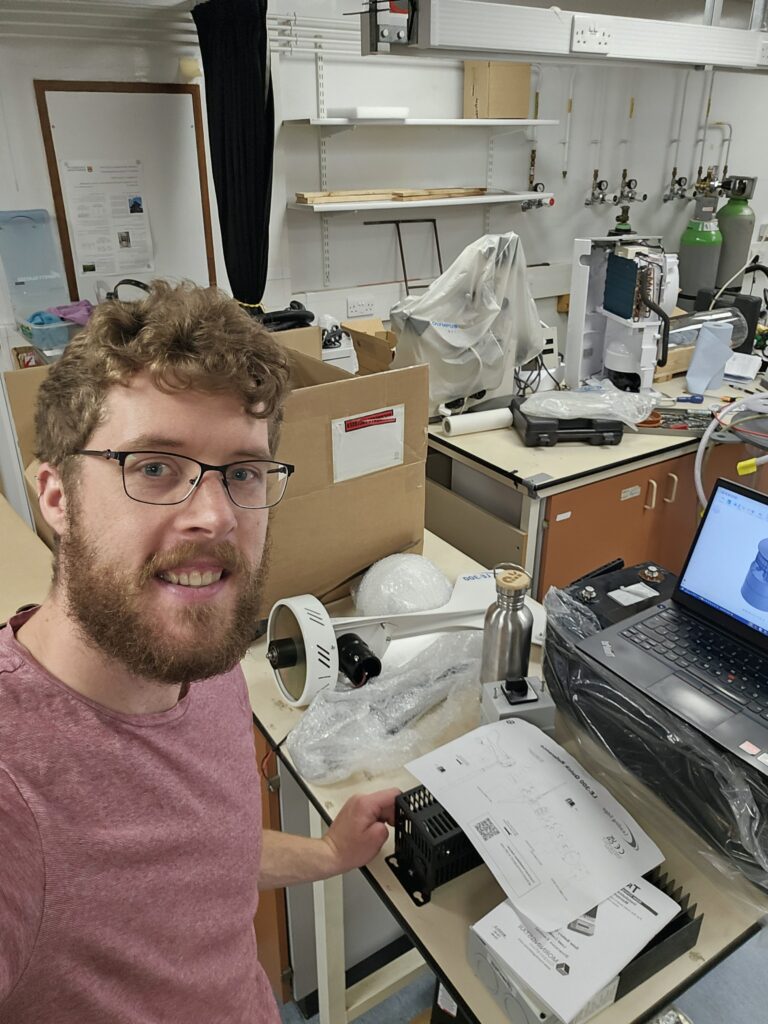
Liam Kelleher
Liam has over 10 years experience in analytical technologies, project coordination, and development of plastic detection methods. Liam has a PhD in Physics from Swansea University and actively carries out research at the University of Birmingham.
Our Work
Our initiative is dedicated to mapping the scale of plastic pollution in rivers across Vietnam and conducting comprehensive microplastic studies worldwide. We aim to understand the sources and distribution of plastic waste, focusing on the critical impact of microplastics on ecosystems and human health.
A cornerstone of our mission is education, emphasizing the importance of effective waste management and raising awareness about the detrimental effects of plastic pollution.
Through collaboration with local communities, researchers, and global partners, we seek to drive meaningful change and promote sustainable practices to protect our planet.
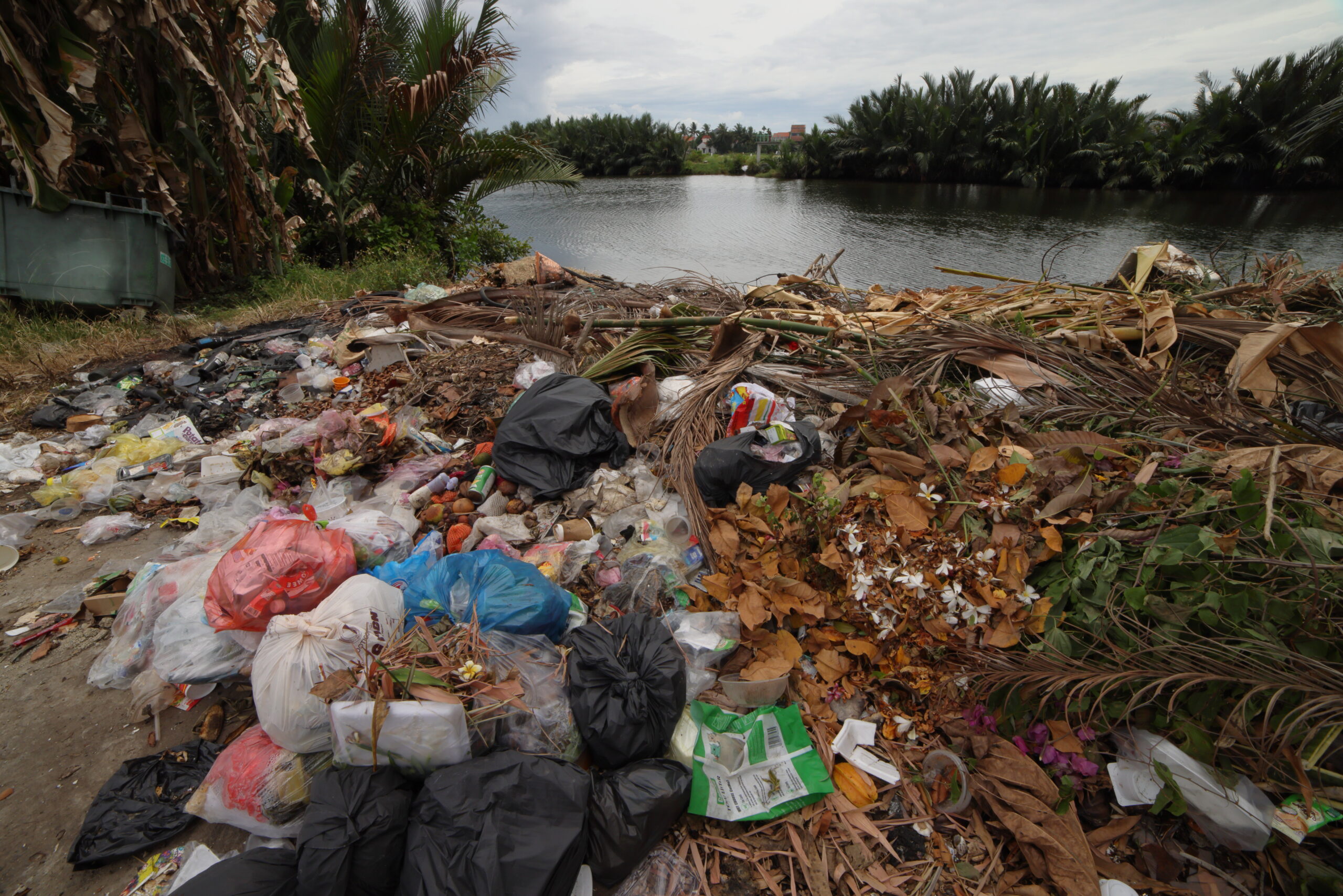
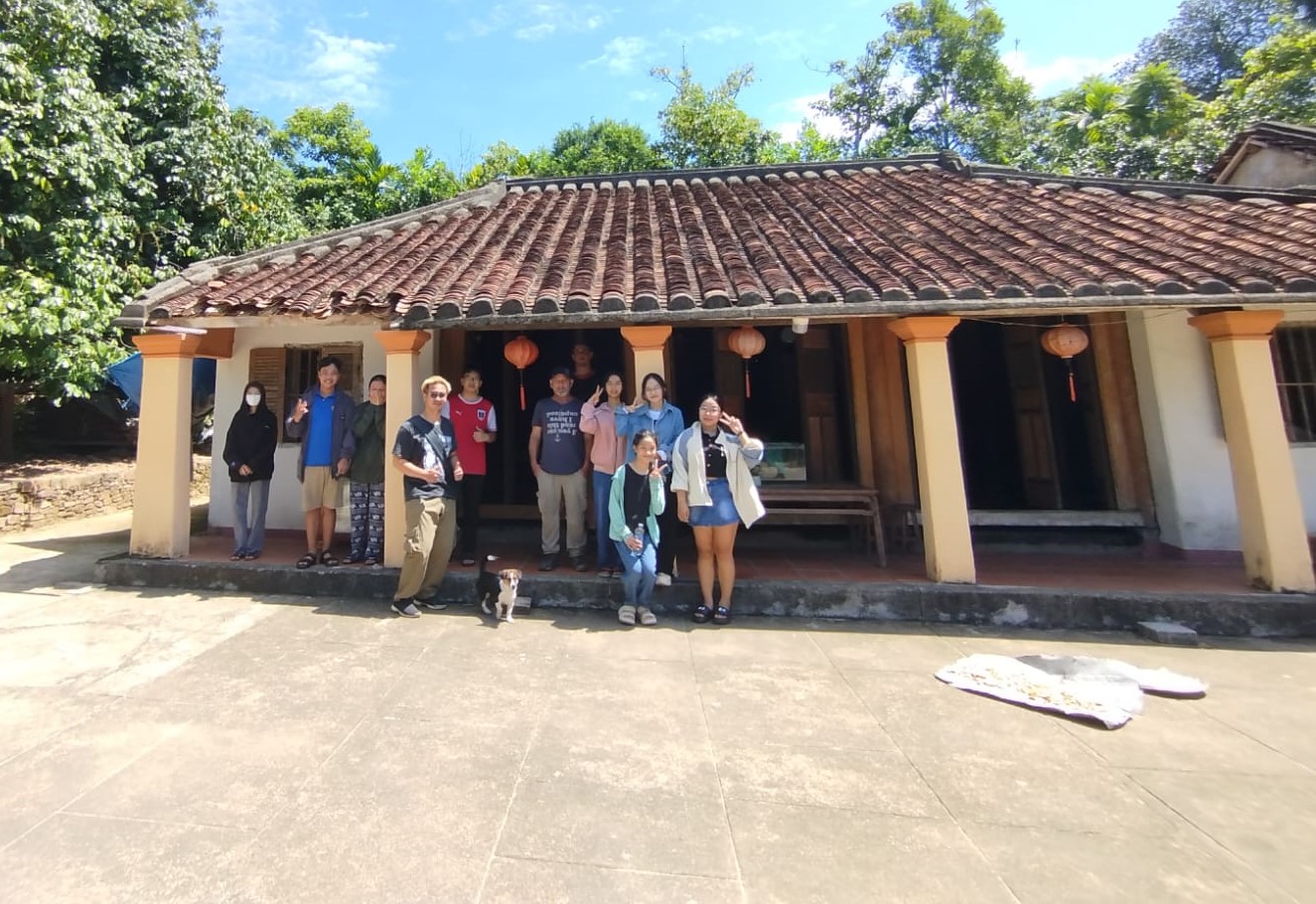
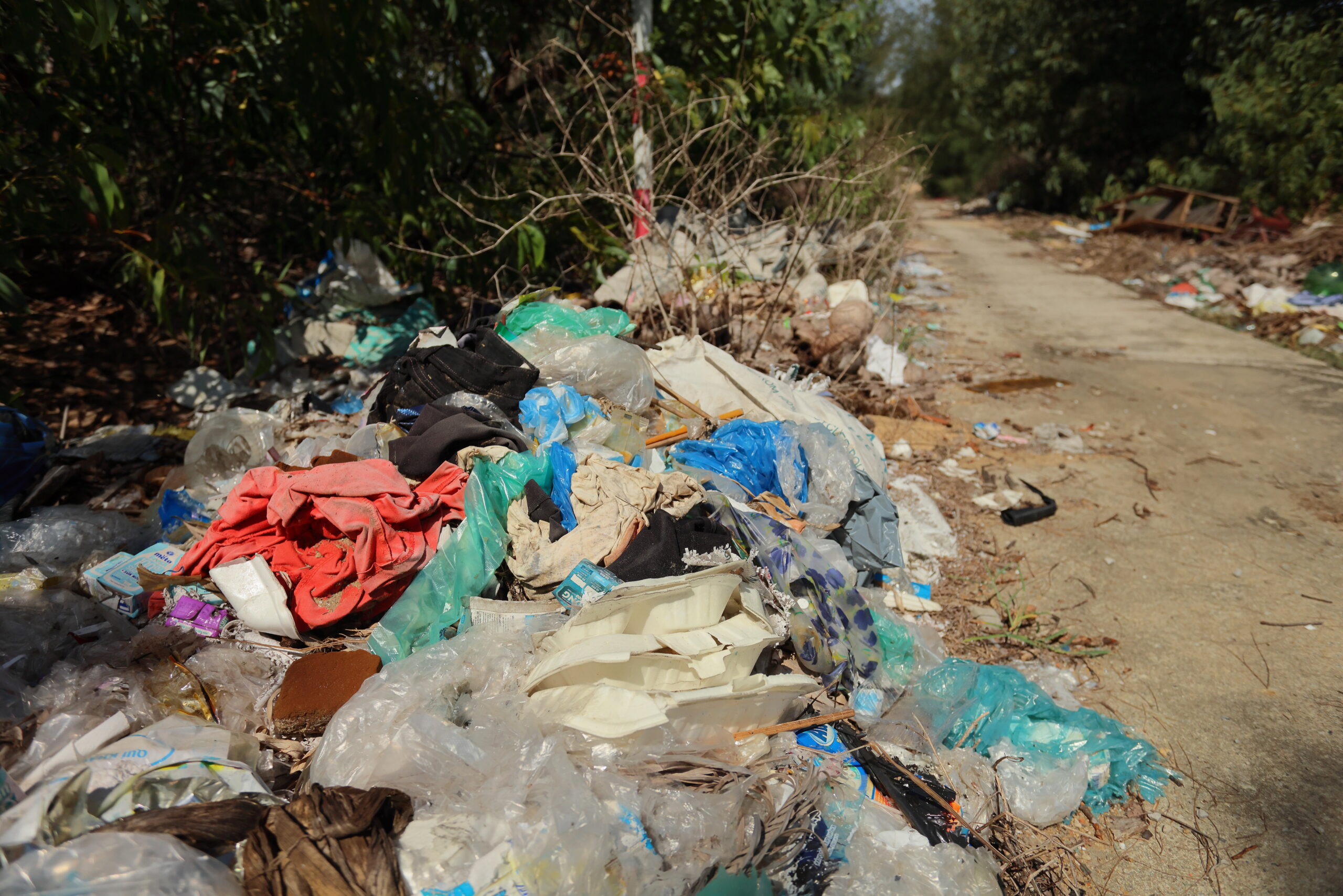
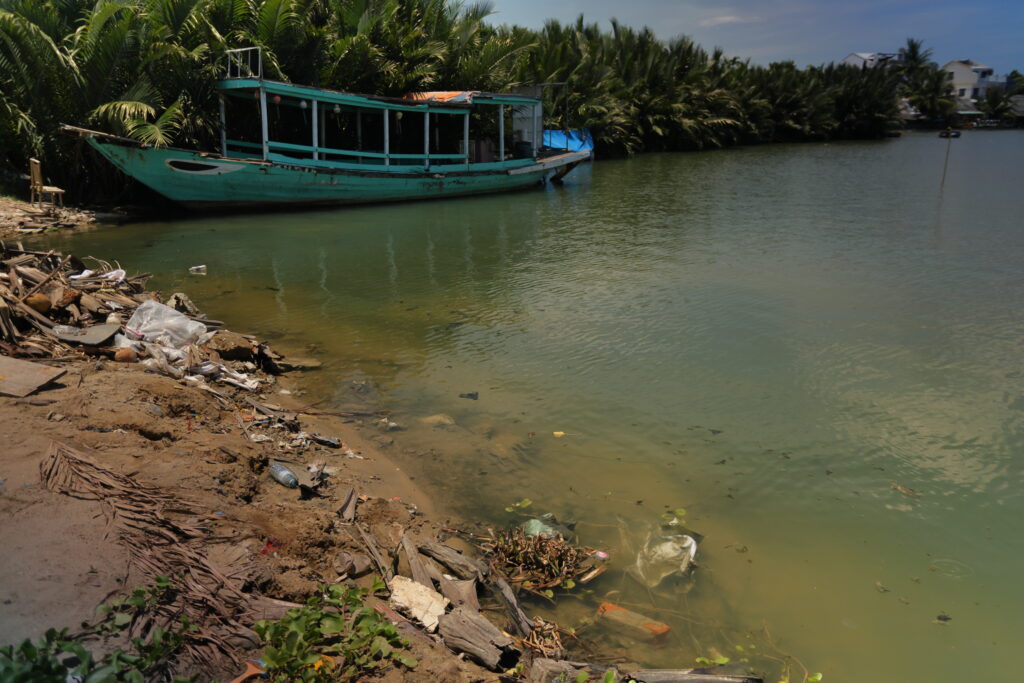
Empowering the Next Generation: Healthy Earth’s Inspiring Day with Huynh Thuc Khang High School Students
At Healthy Earth, we believe that grassroots education is crucial...
Read MoreHello everyone!
Welcome to our website! We’re excited to share our latest...
Read More